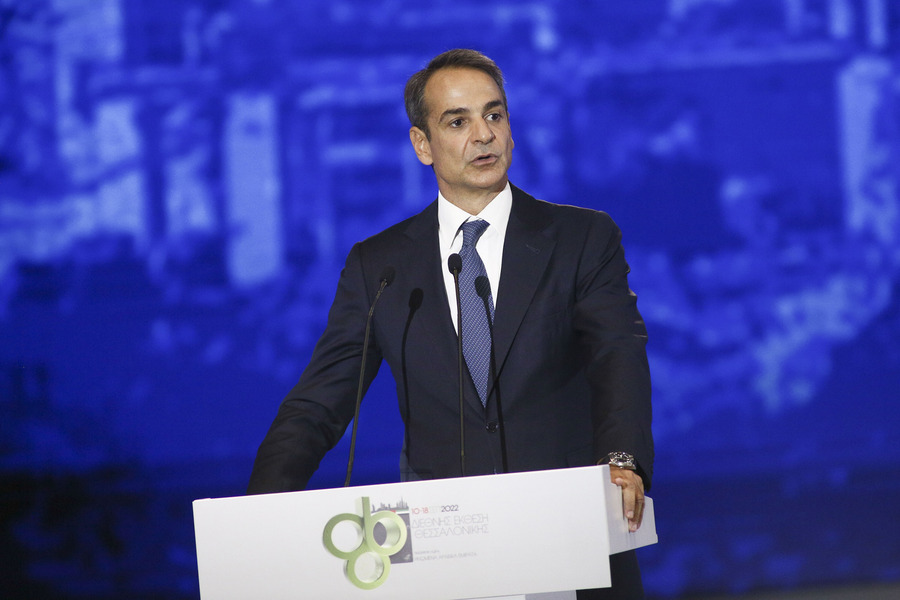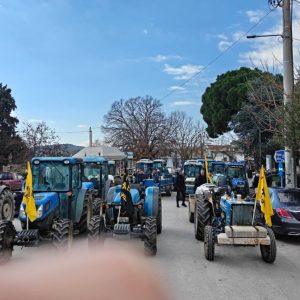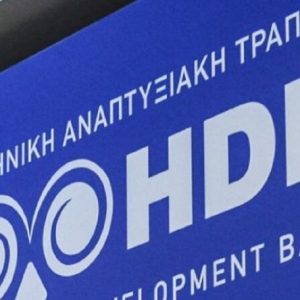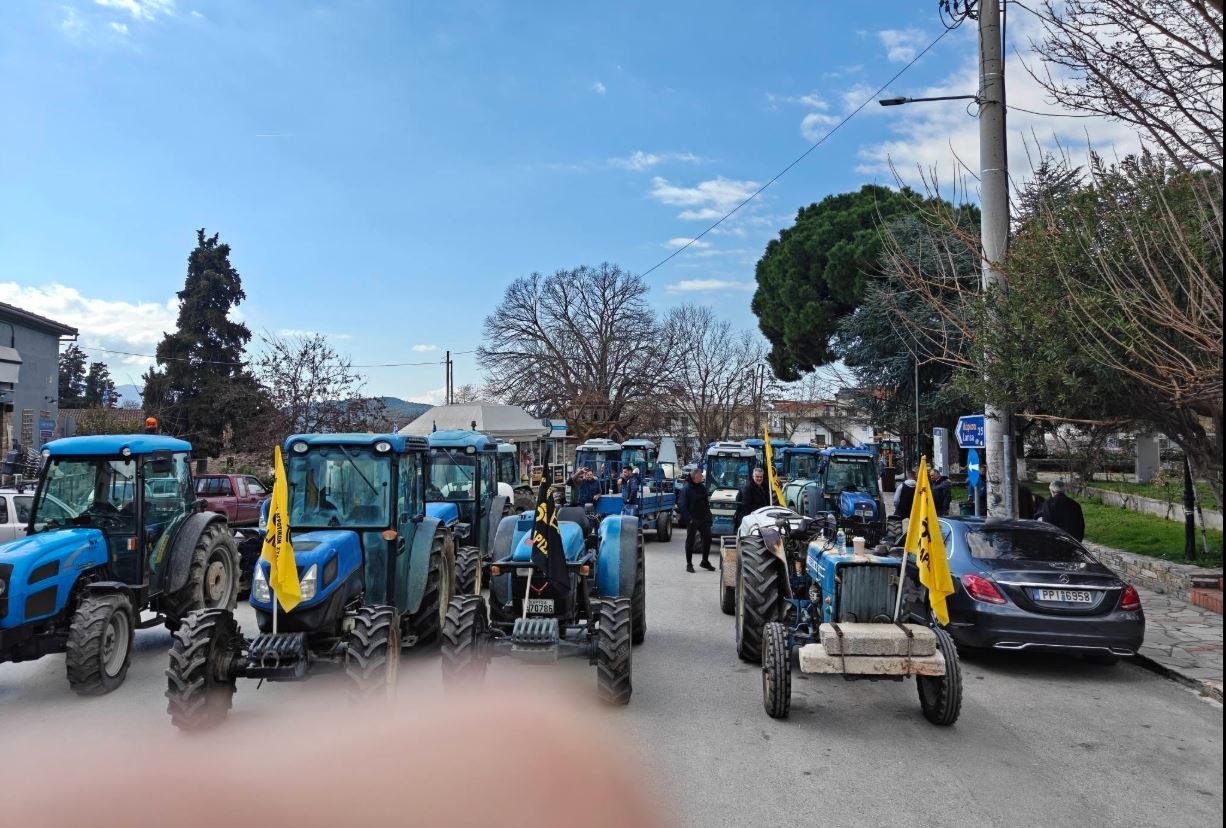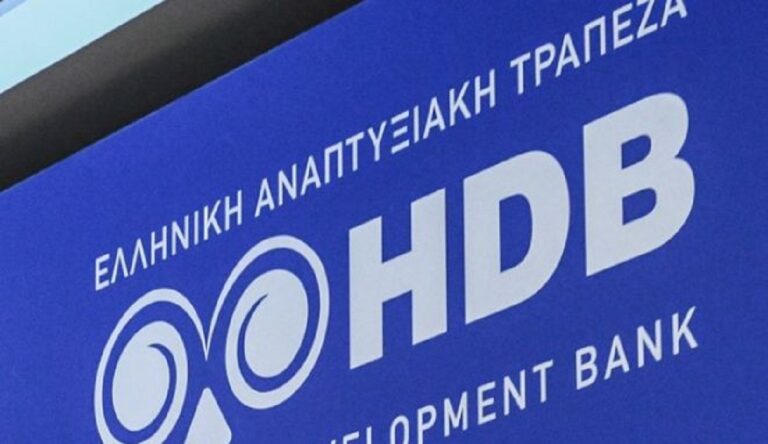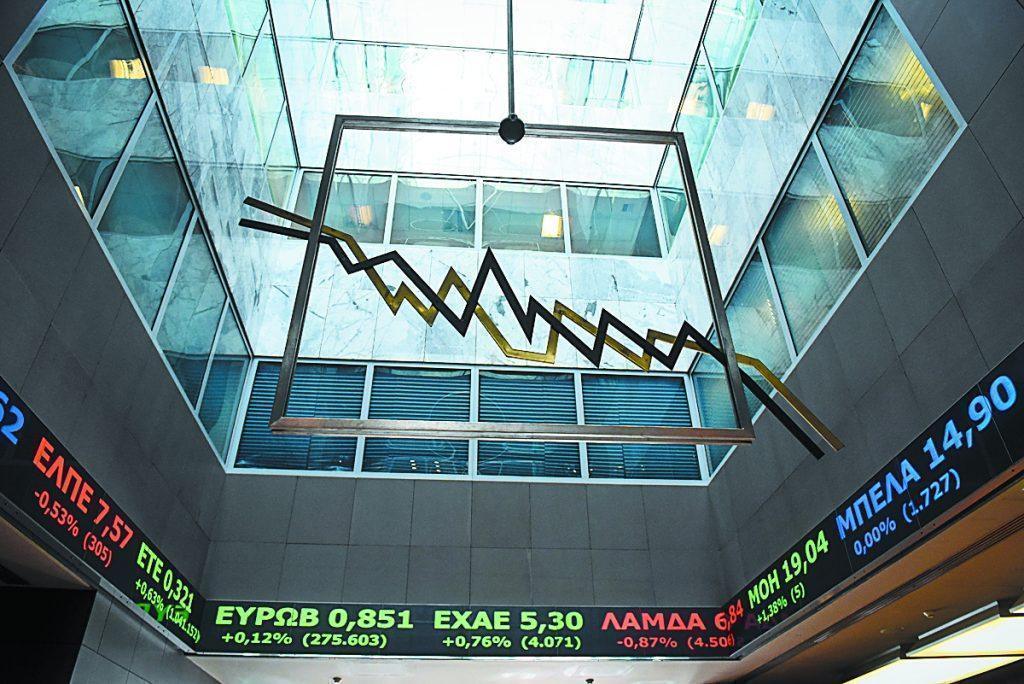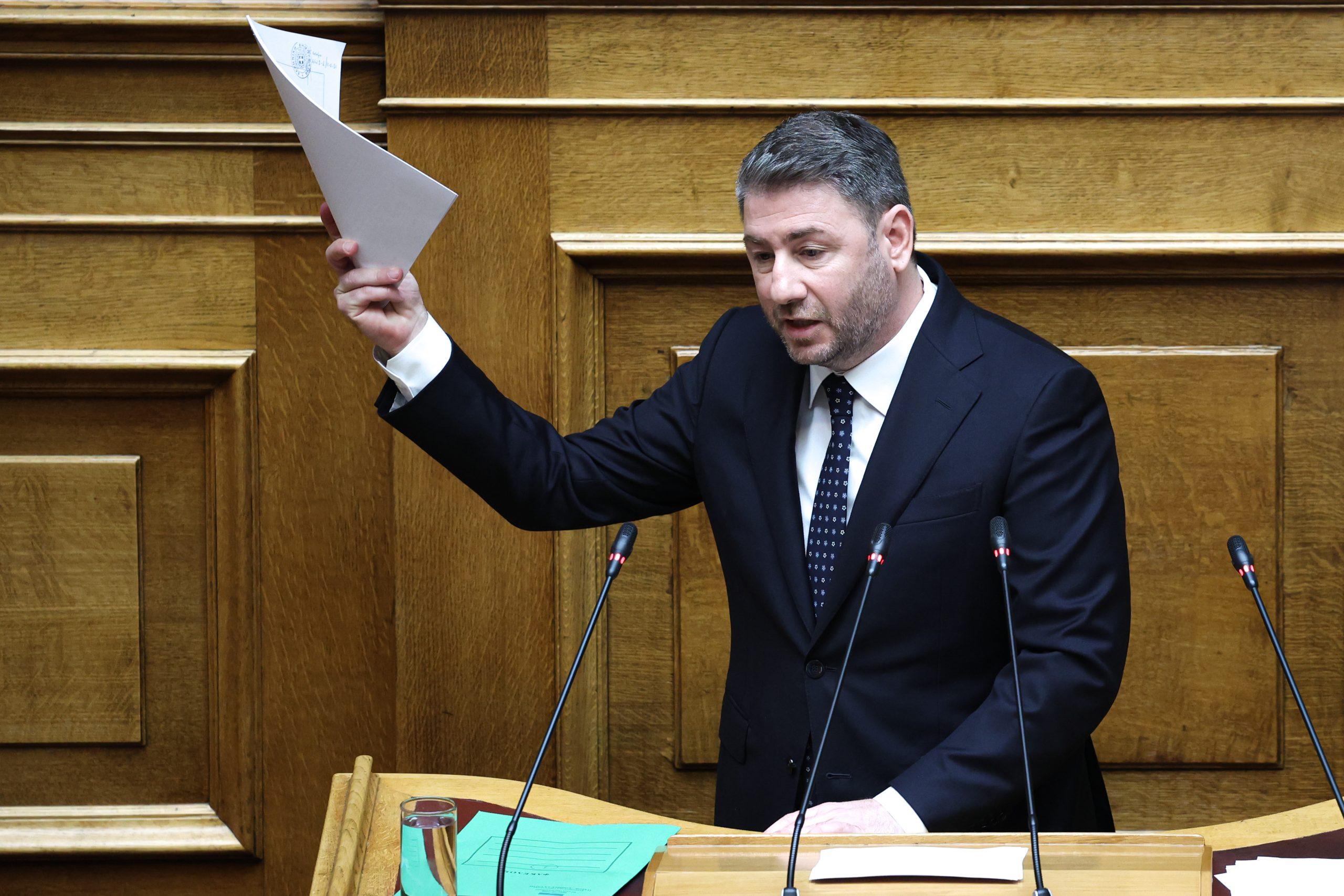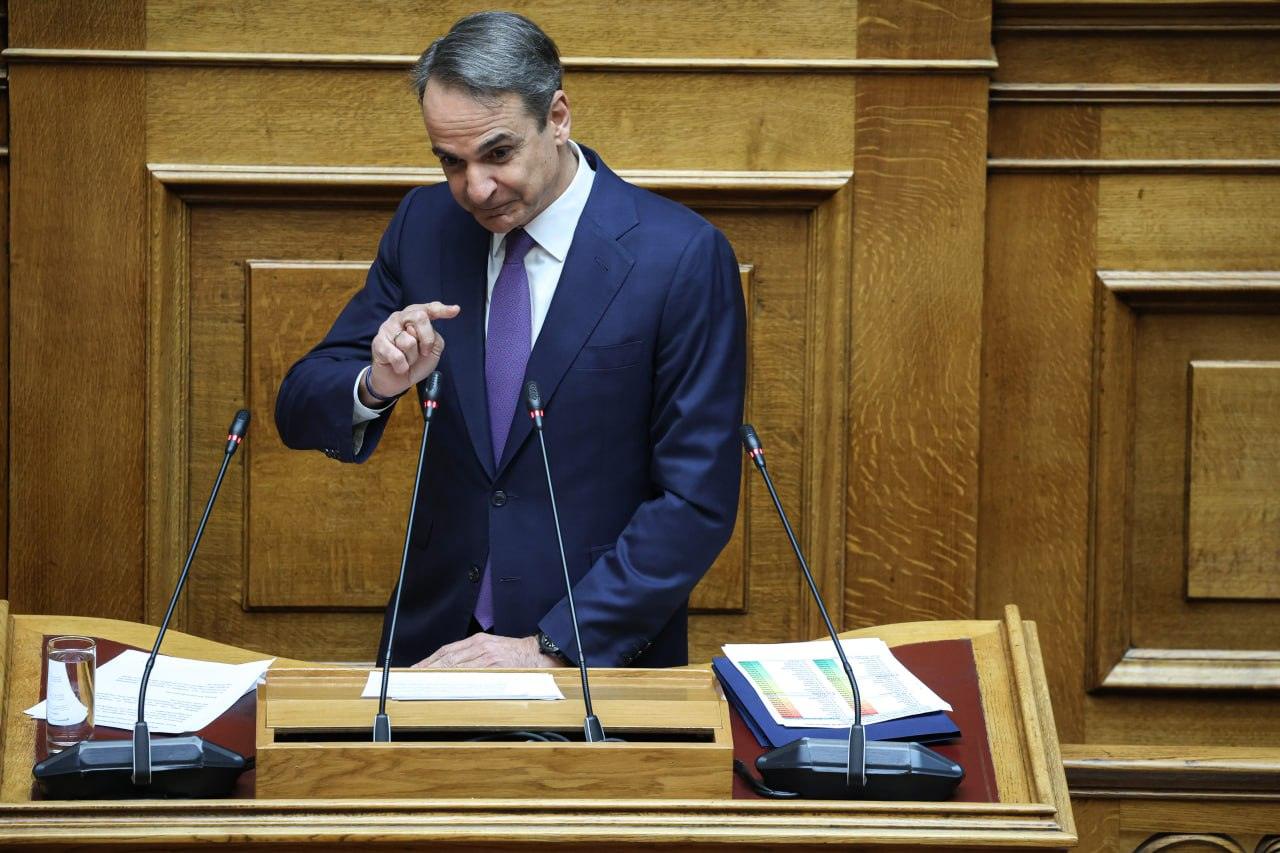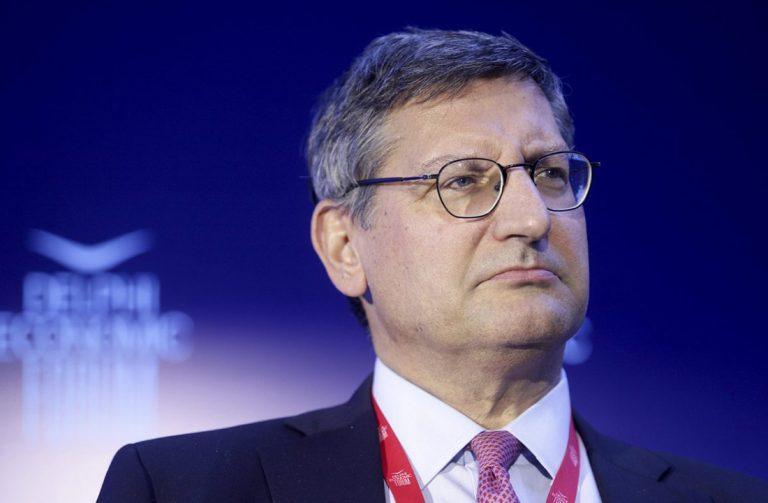Mitsotakis described main opposition SYRIZA as a populist party that makes unfeasible pledges in a variety of areas, and suggested that a SYRIZA government would jeopardise the country’s economic progress.
In his last major address before the next general election at the annual Thessaloniki International Trade Fai (TIF), Prime Minister Kyriakos Mitsotakis combined a review of his government’s implemented policies and social welfare measures that ruling New Democracy pledged in the 2019 general election, with a host of pledges of tax cuts and future subsidies and handouts to those in lower income brackets.
The PM announced a 5.5bn package of social welfare, subsidies, and growth programmes for households and businesses to weather an extremely harsh winter that is expected throughout Europe as a result of the Russian invasion of Ukraine and the concomitant energy and inflation crises.
With a backdrop behind the podium with the catchphrase “Consequence Continuity Stability”, Mitsotakis began his address with a reference to the 1922 Asia Minor Catastrophe, when exactly 100 years ago over two million Greeks of Asia Minor came to Greece as refugees, most in the region of northern Greece where he was speaking, to declare that Greece as in the past can and will achieve a new national economic and social rebirth, turning defeat into victory.
The PM touted his government’s economic and foreign policy successes, stressing that last month, after 12 years, Greece has regained financial autonomy with end of the EU’s enhanced fiscal supervision of the country.
Main opposition SYRIZA argues that the four-year timetable for the cessation of strict oversight was decided four years ago on its watch, but it was the current government that met the conditions for that to happen.
Managing refugee-migrant crisis
With the government having in 2019 made drastically curbing the flow of refugees and undocumented migrants into the country a top priority, along with a strong conservative law and order agenda, Mitsotakis said that his government in the last four years, successfully fended off Turkish “invasions in Evros and Aegean”, a reference to Ankara’s repeated efforts to push thousands of migrants into Greece.
In that regard, he underlined that his government has constructed a steel and cement wall at the Evros Greek-Turkish border region.
Indeed, Iit was recently announced that the wall will be extended by 80kms.
Successful handling of multiple crisis
Mitsotakis stressed that no government in the post-junta 1974 regime change era has faced more crises in a shorter time – the pandemic, Greek-Turkish crises such as the 2020 naval standoff in the Eastern Mediterranean and the attempted push of thousands of refugees into Greece at the Evros Greek-Turkish border region, and the current energy and inflation crises – and he declared that due to the organised and successful actions of his government the country weathered these crises and that despite them, today Greece is stronger than in 2019 when his government came to power.
New Democracy vs. SYRIZA electoral dilemma
Mitsotakis described main opposition SYRIZA as a populist party that makes unfeasible pledges in a variety of areas, and suggested that a SYRIZA government would jeopardise the country’s economic progress over the last four years, and indeed in that sense pose a national danger, as it had in 2015, when during its first six months in power and botched negotiations with creditors, Greece came close to being expelled from the eurozone.
“I am at TIF for the fourth time and now it is a pre-electoral periodwe either go forward and progress or go backwards, we either move forward or risk a disaster for a second time.
Promises kept, tax cuts
Mitsotakis maintained that New Democracy has kept all the main promises it made when it was swept to power: lower taxes and greater economic growth, more jobs with a notable decline in unemployment, substantial welfare and health and education spending, and a streamlining and deep reform of the state, particularly in the digitalisation of many services, from vax cerificates to police IDs and driver’s licenses available on cell phones.
